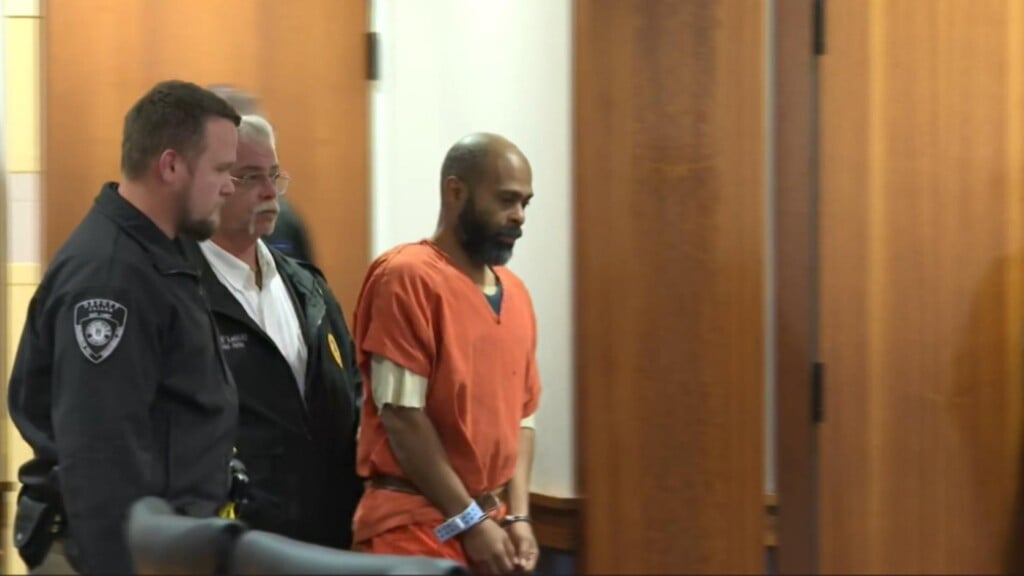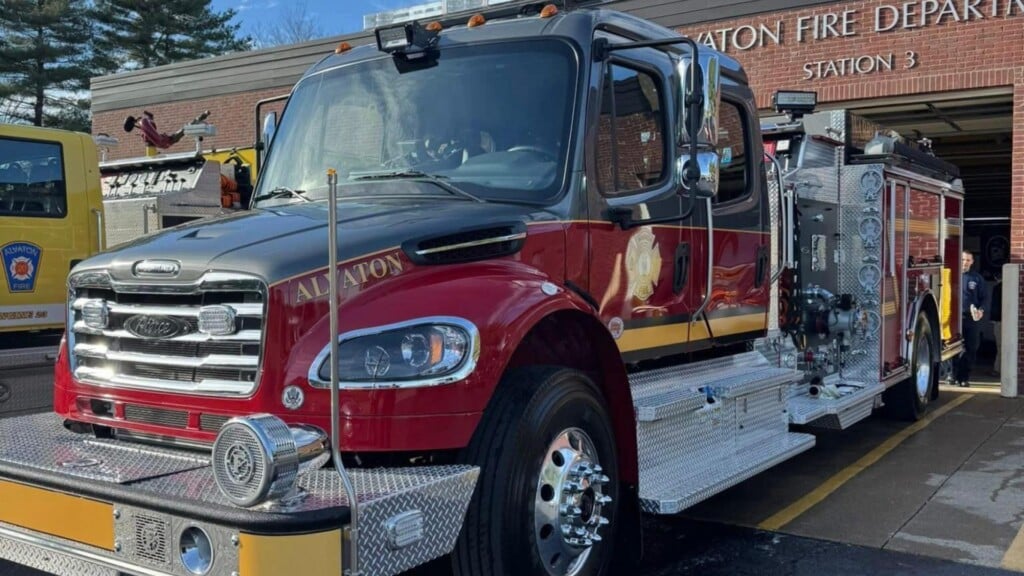Refugee Health Summit aims to address healthcare needs of refugees
BOWLING GREEN, Ky. – Healthcare is a complicated process, but even more so if you’re not even from this country.
“This is just a first step in the process,” said Michelle Reece, Refugee Summit Chair.
The process to which she is referring is helping refugees in Bowling Green navigate the American healthcare system and its many services.
In order to assist with that process, both for refugees and medical providers, the Western Kentucky University Department of Public Health hosted its first ever Refugee Health Summit at Knicely Conference Center on Thursday.
“It has brought to light some of the problems that the refugees face and the health care providers,” said Albert Mbanfu, Executive Director for the International Center of Kentucky.
The summit highlighted two majors challenges that refugees face, with the most glaring issue being language barriers at medical facilities between doctors and their patients.
“In most cases, information is nowhere communicated because they don’t have interpreters, and over-the-phone interpretation is not really good,” Mbanfu said.
That inability to communicate can lead to pressured interactions between refugees and their doctors, and often times certain information might be lost in translation.
It’s challenging for medical service providers in this community to have interpreters on-site at all times, or even for the correct languages, which can be hard to do in a city like Bowling Green that has refugees from eight different countries that speak 24 different languages and dialects.
Regardless, that doesn’t diminish the importance of trying to have this service available for refugees when they show up for appointments.
“Not all facilities are able to hire medical interpreters or to have on-site interpreters, but having that is absolutely necessary to be able to provide a cure that the refugees need,” added Reece.
The second major issue refugees struggle to cope with is adjusting to the cultural medical differences here in America.
“The way healthcare is administered in Africa, and especially the refugee camps, is very different from the way healthcare is managed and provided in the United States,” Mbanfu said.
With that in mind, a summit, and subsequent meetings, become that much more important in creating resources and informing refugees and medical care providers about what they need to do to be able to create solutions to these longstanding issues.
“Being able to do this impacts the refugee community, helps them to know they’re supported here,” Reece said. “Helps the providers to understand that together we can make this happen. It can be successful.”
The summit included a panel of speakers, as well as several breakout sessions covering topics ranging from mental health to human trafficking.




